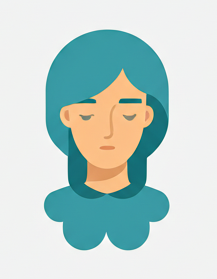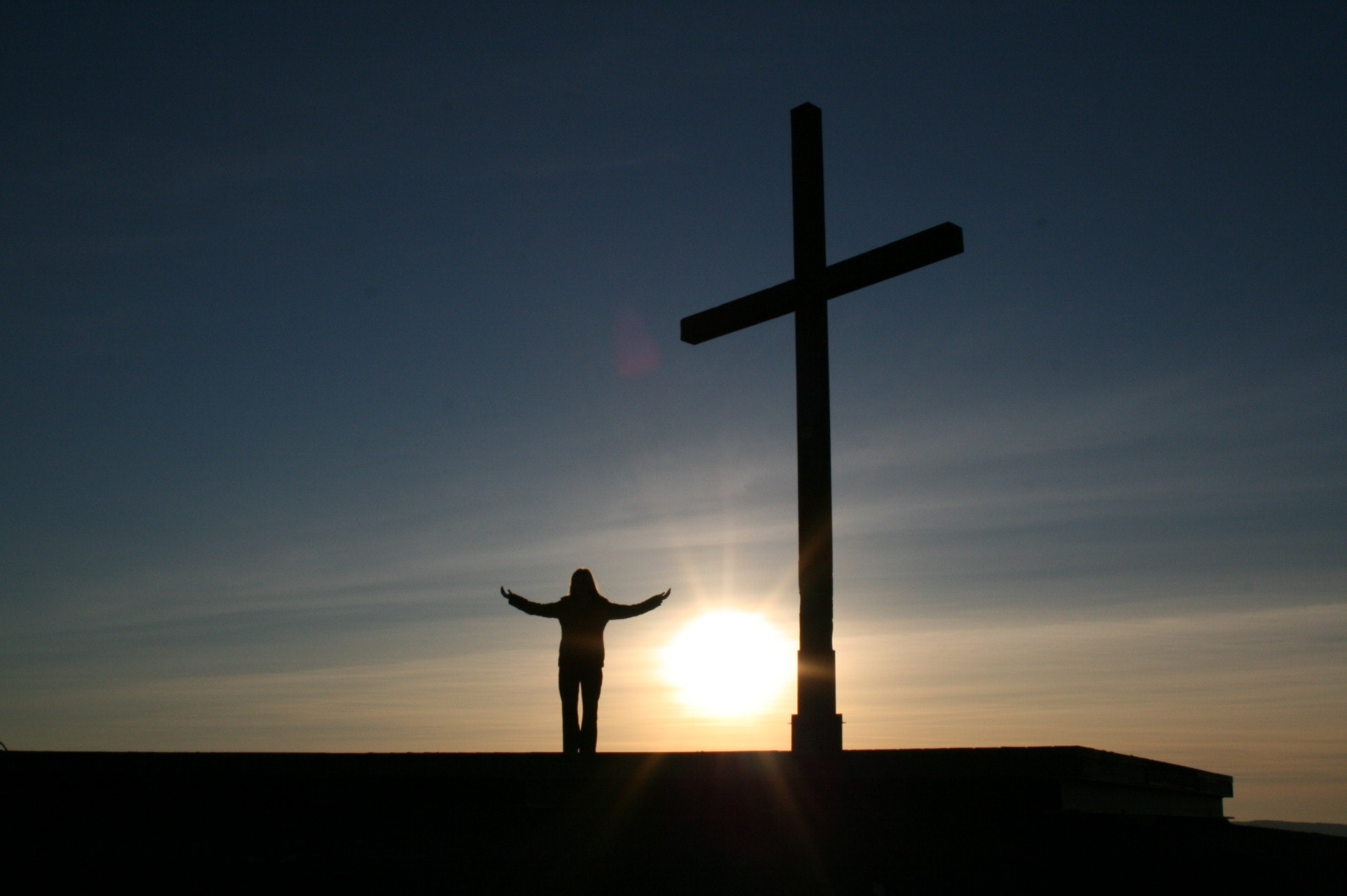In this context, “Father” refers to God.
Key Figures in the Passion of Christ
- Pilate – Though he held the authority to free Jesus, he chose instead to please the crowd, sacrificing righteousness for approval.
- The Crowd – The same people who once walked and dined with Jesus were those who demanded his crucifixion.
- Simon of Cyrene – Interrupted in the midst of his travels, he was forced to carry Jesus’ cross. This reminds us that sometimes, we are called to serve when it’s least convenient.
- Veronica – Moved by compassion, she stepped forward to wipe Jesus’s face. She represents the importance of acting when we see others in pain—not just feeling sympathy but taking tangible steps to help.
- The Weeping Women – They mourned for Jesus, a stranger to them, showing us the beauty of compassion and empathy for those we don’t even know.
- The Bystanders – Some watched and mocked, waiting to see if Jesus would save himself. Like them, we can become detached observers in life—more interested in drama than in offering support, finding entertainment in the downfall of others.
- The Two Thieves – One mocked Jesus, but the other acknowledged his sins and asked for mercy. This reveals the power of humility and the grace of repentance.
Through it all, Jesus loved and forgave—despite the agony, despite the weight of the cross. He never uttered a complaint but submitted wholly to the will of the Father, bearing it with love.
Personal Reflection
As I meditate on the Stations, I’m reminded of life’s struggles—whether in my walk with God, my relationships, business, or personal goals. I often fall. I make mistakes. Yet the message is clear: I must keep moving forward.
Dwelling on failure is dangerous. It limits growth. But the Stations challenge me to rise each time I fall, to shake off whatever is holding me back, and to press onward to the promise ahead.
The Way of the Cross is a mirror for the Christian life. It is not easy—it reflects our pain, doubts, weakness, and burden. But it also shows us the strength that comes through faith and surrender to God’s grace.
It asks us: Are we willing to carry our crosses without complaining? Are we willing to draw strength from God, to involve Him in our journey?
As I move from one station to another, I realize that no matter the burden, there are people—family, friends, even strangers—ready to help. But we must be open to receiving help. That takes vulnerability, which many of us mistake for weakness.
We each have a unique purpose, and with it come our own trials. It’s up to us to choose: Will we try to bear the weight alone, or will we lean on God?
Lessons from the Cross
- Love – True Christian love means helping others, bearing their burdens, and showing compassion, even when it costs us. Love births forgiveness, mercy, and gratitude.
- Forgiveness – Jesus’s journey is a testament to forgiveness. We must forgive others not only in words but also in our hearts. True forgiveness means not holding on to resentment or speaking ill of those who’ve wronged us. I admit I have failed in this—and many of us have. But forgiveness, at its core, is healing. It brings peace, not division.
- Free Will – God gave us the gift of choice. We are all created with the ability to make choices. It is a gift granted to humanity, but giving this back to our creator sometimes might seem difficult. The Lord’s station shows a typical example of surrounding one’s will to the Father. We are called to do the same. Jesus had the freedom to choose, yet He submitted to the Father’s will. We’re called to do the same. Do we choose God’s way in our everyday decisions? Freedom in Christ means choosing love, even when it’s hard. It means restraining ourselves from actions that may harm others, even if we have the “right” to do them.
We all have a bit of Pilate in us—making decisions that please others at the expense of righteousness. Sometimes, we know what’s right, but to avoid discomfort, we compromise.
Looking back symbolizes inconsistency in our journey with God. We all stumble. But faith demands we press on, fulfilling our roles as parents, children, students, teachers—whatever God has called us to be. Our purpose is tied to our joy.
No matter the cross we carry, we are still capable of helping others. Not just when it’s convenient but even when it interrupts our plans—like Simon. Life’s journey is difficult, and our burdens are heavy. But when shared in love and empathy, the weight becomes lighter.
We must begin to see others as ourselves, practicing understanding, showing empathy, and keeping communication open. The cross is not just a symbol of pain—it is the path to transformation, grace, and deep, abiding love.


Leave a Reply